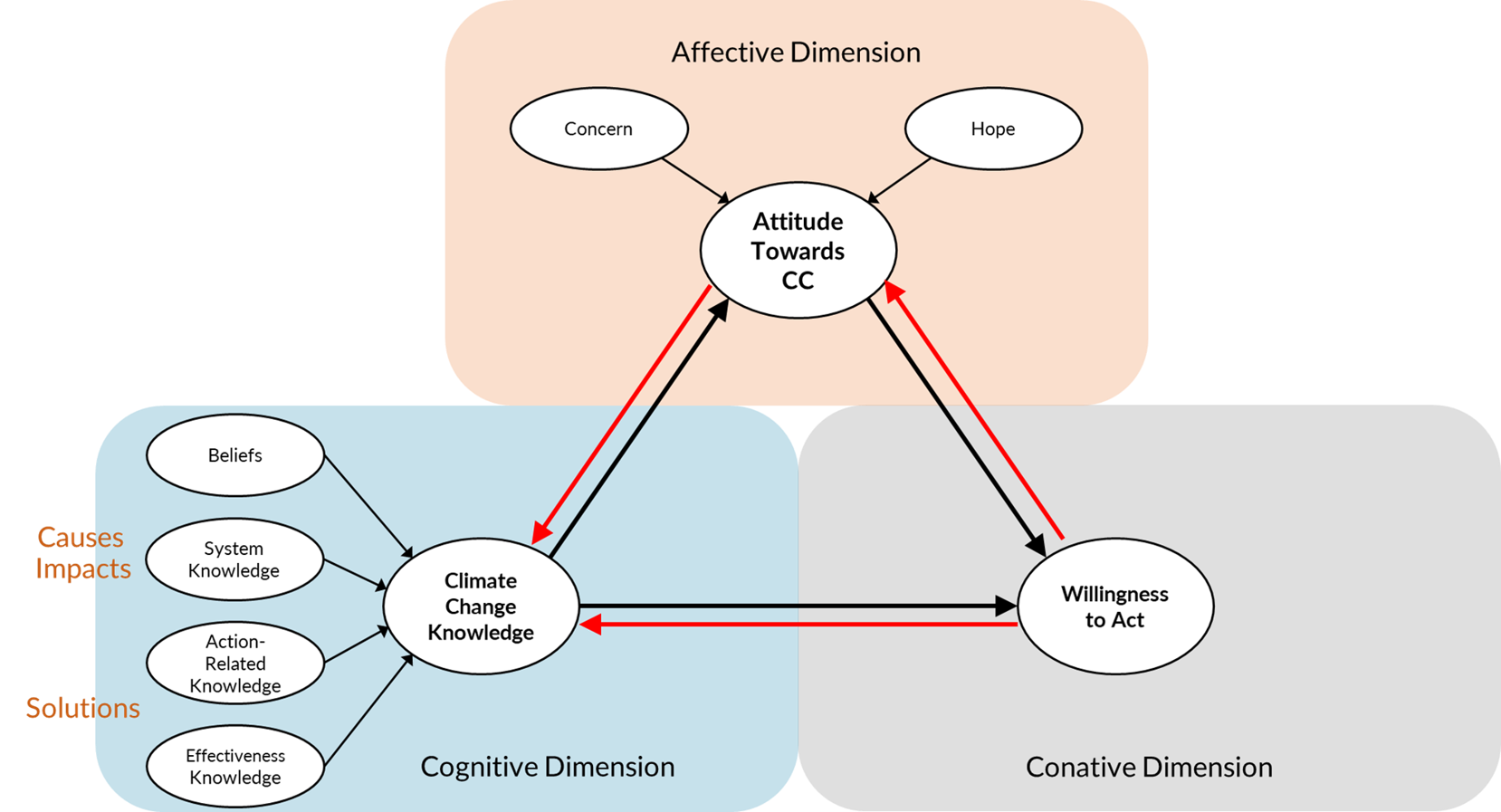 News
News
GPSS Doctoral Student Publishes Study on Climate Change Conceptions among Japanese Early Adolescents in International Research in Geographical and Environmental Education
Kelvin Tang, a GPSS doctoral student, has published a study in International Research in Geographical and Environmental Education titled "Assessing conceptions of climate change: an exploratory study among Japanese early adolescents."
This study investigates how Japanese early adolescents understand climate change looking it from the perspective of cognitive, affective, and behavioural dimensions.
The study conducted questionnaire surveys among 423 students aged 12-14 from three public junior high schools in Japan. Author used Structural Equation Modelling (SEM) and cluster analysis methods to understand the relationships among cognitive, affective, and behavioural dimensions of climate change conceptions and to classify students into groups based on their conceptions.
The study revealed variability in their conceptions by identifying four distinct groups based on their levels of climate change cognition, affect, and behavioural intention, namely the apathetic, the confused, the concerned, and the advocate. Almost 70% of the Japanese early adolescents belong to the apathetic and the confused with low levels of cognition, affect, and behavioural intention. Moreover, another significant finding of the research is the identification of the key to addressing the knowledge-action gap. That is the affective dimension, which encompasses students' feelings regarding climate change. These results can be references for policymakers and educators for developing evidence-based education policies and practices.
"Understanding how early adolescents perceive climate change is crucial for developing effective educational programs that not only raise awareness but also motivate behavioural change. This study sheds light on the current state of climate change conceptions among Japanese youth and provides a foundation for future educational initiatives within Japan, and hopefully beyond," said Kelvin Tang.

The full study can be accessed here: https://doi.org/10.1080/10382046.2024.2377028
Readers are invited to explore the research and engage in discussions on climate change education.

 Japanese
Japanese